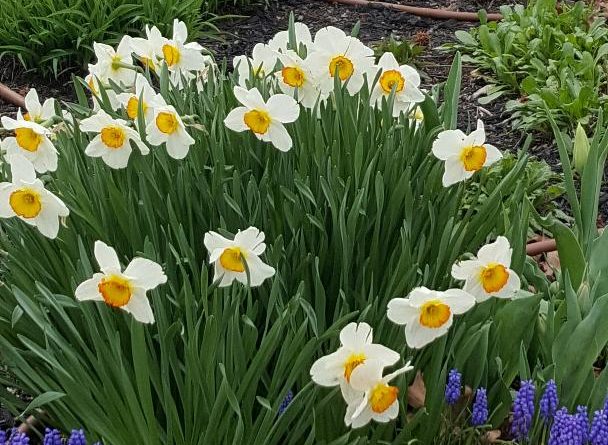Whopper of a Transition–Part 2
Adrift: Betwixt & Between
“It’s not so much that we’re afraid of change, or so in love with the old ways, but it’s that place in between two trapezes. It’s Linus when his blanket is in the dryer. There’s nothing to hold onto.” Marilyn Ferguson
The endings, closings, and cancellations left us with great loss and grief. Now, we may find ourselves adrift n what William Bridges (author of Transitions: Making Sense of Life’s Changes) calls the neutral zone. This in-between phase of transition means we are no longer in the old say of life and not yet in the new one.
With sheltering in place, and business as usual on sabbatical, life may have a surreal feel to it. There may be a fogginess or fuzzy quality to it. Time may lose its meaning. We may lose track of what day it is.
Our sense of self may shift. Living outside of familiar routines wreaks havoc on our daily rhythm, sleep cycles, and psyche. Confusion and lack of confidence may creep in. We may question our purpose, meaning, and capacity to do ordinary things.
Uncertainty is the key feature in this phase. Rules are different or non-existent. In this unknown territory, there is disorientation, disconnection, dismantling, and disenchantment. There is a lack of meaning and the worls may not make sense.
There is no indication of when it will end, which makes it even more difficult. The comment I hear so often these days is: “I don’t know how long this will go on.” With that, there is an implication that if we knew when it would change or end, we would feel better. “I don’t know what the future will look like” is a common refrain.
Knowing that these are all predictable, normal signs of being in the in-between phase can support us to be with what is, look for clues of what wants to happen, and take refuge as needed.
What can we attend to in this phase?
–Main Task: To allow the uncertainty as a way to prepare for the new beginning.
–Challenge: To find out what’s most important.
–Resist the Inner Critic: To give ourselves some slack and adjust expectations.
–Essential Qualities: To experience patience, courage, and compassion.
–Increase Self Care: To take care of our physical, mental, emotional, and spiritual needs.
Questions of the Week
–What is challenging for you in this transition?
–What do you need to navigate this phase of the transition?
–How are you caring for yourself and your loved ones?
–How do you show courage and compassion?
Practice of the Week
Self-Observation: Letting Go and Holding On
Notice what you are letting go of, both chosen and unchosen. This may include comforts, routines, perspectives, thoughts, beliefs, activities, aims, commitments. Notice what you want to hold onto. How does this impact your thoughts, feelings, and actions?

